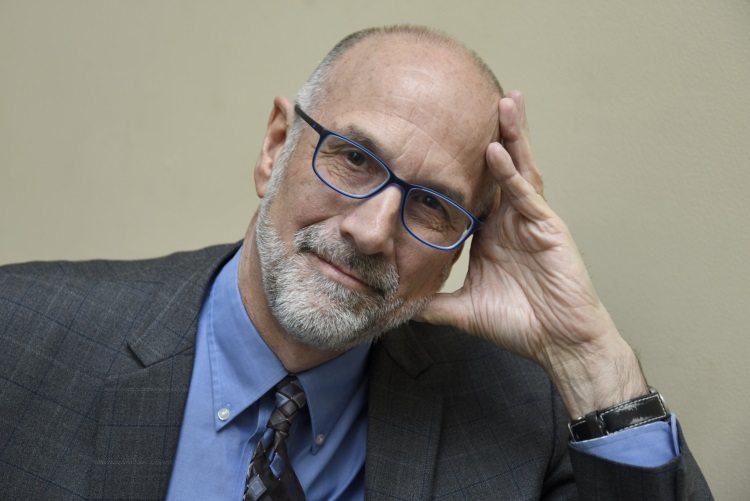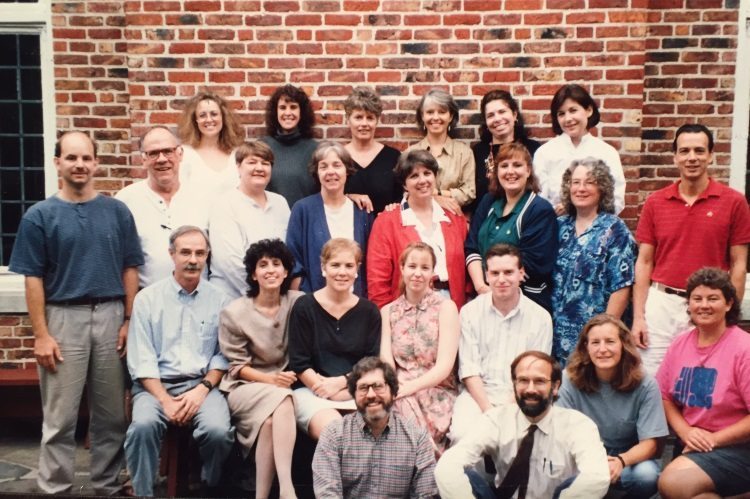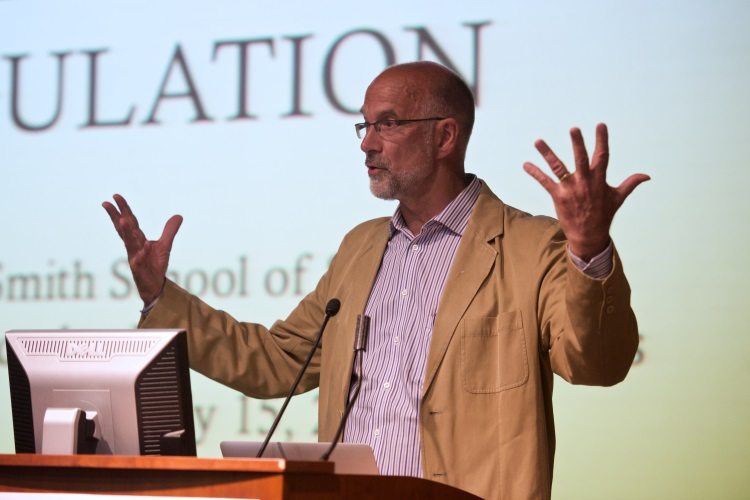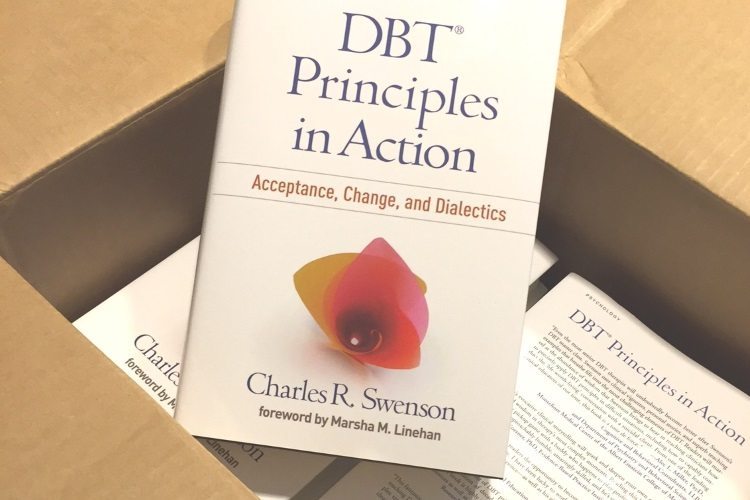Biography
In 1982, I accepted a faculty position at Cornell University Medical School Department of Psychiatry, where I directed the long term inpatient psychotherapy treatment unit developed by Dr. Otto Kernberg for the psychoanalytic treatment of severe personality disorders. I published several articles on inpatient care and the psychoanalytically oriented treatment of severe personality disorders.


After adapting DBT to my own inpatient and day hospital contexts, I proceeded to train others and to direct DBT implementation projects across the United States, Canada, and Europe. In the past three years I have overseen implementation projects in Italy, Sweden, and the Kaiser Permanente Clinics in the mid-Atlantic states of the United States, and have directed intensive and advanced intensive DBT trainings every year. In 1997 I was the co-founder of the International Society for the Improvement and Teaching of DBT (ISITDBT), which continues to thrive today.
At this point I base my clinical practice, including DBT, in Northampton, Massachusetts. I split my time between seeing patients and families in my practice, consulting to programs and therapists, writing, and conducting a range of DBT workshops and presentations. As a teacher I am known for my enthusiasm, clinical stories, role plays, and humor. I have written fourteen songs based on DBT, several of which have been performed at the ISITDBT meetings and some workshops.


To consolidate my understanding of DBT’s principles for myself, and to communicate it to others in the hopes that they could more effectively, flexibly, and compassionately navigate challenging clinical situations, I wrote my book, DBT Principles in Action: Acceptance, Change, and Dialectics (Guilford Press, 2016). This has opened the door for me to consider the application of the principles and the skills to various non-clinical populations and circumstances. This will be explored on this website.

In 1982, I accepted a faculty position at Cornell University Medical School Department of Psychiatry, where I directed the long term inpatient psychotherapy treatment unit developed by Dr. Otto Kernberg for the psychoanalytic treatment of severe personality disorders. I published several articles on inpatient care and the psychoanalytically oriented treatment of severe personality disorders.

After adapting DBT to my own inpatient and day hospital contexts, I proceeded to train others and to direct DBT implementation projects across the United States, Canada, and Europe. In the past three years I have overseen implementation projects in Italy, Sweden, and the Kaiser Permanente Clinics in the mid-Atlantic states of the United States, and have directed intensive and advanced intensive DBT trainings every year. In 1997 I was the co-founder of the International Society for the Improvement and Teaching of DBT (ISITDBT), which continues to thrive today.

At this point I base my clinical practice, including DBT, in Northampton, Massachusetts. I split my time between seeing patients and families in my practice, consulting to programs and therapists, writing, and conducting a range of DBT workshops and presentations. As a teacher I am known for my enthusiasm, clinical stories, role plays, and humor. I have written fourteen songs based on DBT, several of which have been performed at the ISITDBT meetings and some workshops.

To consolidate my understanding of DBT’s principles for myself, and to communicate it to others in the hopes that they could more effectively, flexibly, and compassionately navigate challenging clinical situations, I wrote my book, DBT Principles in Action: Acceptance, Change, and Dialectics (Guilford Press, 2016). This has opened the door for me to consider the application of the principles and the skills to various non-clinical populations and circumstances. This will be explored on this website.
Research and Publications
- Providing a Constructive Hospitalization for a Young Child and Her Mother (260 pp.), thesis submitted to Yale School of Medicine, 1976. (available, in library, Yale Child Study Center, New Haven, CT)
- “Modification of destructiveness in the long term inpatient treatment of severe personality disorders,” Swenson C., International Journal of Therapeutic Communities. 7(3): 1986, pp. 153-163
- “The community meeting for inpatient borderlines,” Swenson C., Gartner Jl, International Journal of Therapeutic Communities. 8(2): 1987, pp. 109-111
- “Incest in female borderlines: its frequency and impact,” Stone M., Unwin A., Beacham B., Swenson C., International Journal of Family Psychiatry, 9(3), Fall, 1988, pp. 277-293
- “Acting out of separation conflicts in borderline pathology: an empirical case study,” Handley R., Swenson C., in The Bulletin of the Menninger Clinic, 53(1), January 1989, pp. 18-30
- “Kernberg and Linehan: two approaches to the borderline patient,” Swenson C., Journal of Personality Disorders, Vol. 3(1), March, 1989, pp. 26-35
- “Types of large group meetings in the therapeutic community,” Swenson C., Munich R., Psychiatry, 52 (4), November, 1989, pp. 437-445
- “Forms of fusion,” in: Current and Historical Perspectives on the Borderline Patient, ed. R. Fine, Brunner/Mazel, 1989, pp. 367-376
- “Issues involved in combining drugs with psychotherapy for the borderline inpatient,” Swenson C., Johnston M., Psychiatric Clinics of North America, 13(2), June, 1990, pp. 297-306
- “Supportive elements in the inpatient treatment of borderline patients,” in: Supportive Psychotherapy for Borderline Patients, ed. L. Rockland, Guilford Press, 1992
- “Il problema dell’identificazione proiettiva,” in: Il Disturbo Borderline di Personalita, ed. C. Maffei, Bollati Boringhiere, 1993
- “Die anwendung der ‘dialectisch-behavioralen therapie fur borderline storungen im stationaren bereich,” (the application of dialectical behavior therapy for borderline personality disorders in hospital treatmenbt), Bohus M., Swenson C., Sender I., Kern I., Berger M., Psychotherapie in Psychiatrie, Psychotherapeut. Mideizin un Klin. Psychologie, Jahrgang 1996, Band 1, Heft 1 CIP Medien, pp. 32-43
- “Verso un approccio integrato di due modelli di gestione dell’ esperienza emotive del paziente borderline and trattomento ospedaliero (two inpatient treatment models for the borderline patient: comparing and contrasting), Swenson C., Sanderson C., in: ed. Barone L, Maffei C, Emozione E Conoscenze Nei Disturbi Di Personalitya, Milano, Italy, FrancoAngeli Press, 1997
- “The application of dialectical behavior therapy for patients with borderline personality disorder on inpatient units,” Swenson C., Sanderson, C., Dulit R., Linehan, M, Psychiatric Quarterly, 72(4), 2001, pp. 307-324
- “How can we account for dbt’s widespread popularity?” Swenson C., Clinical Psychology: Science and Practice, 7(1), Spring, 2000, pp. 87-91
- “Implementing dialectical behavior therapy,” Swenson C., Torrey W., Koerner K., Psychiatric Services, 53(2), February, 2002, pp. 171-178
- “Borderline personality disorder,” Swenson C., Linehan M., chapter in Adult Psychopathology Case Studies, ed. Weiner IB, John Wiley Publications, 2003
- “Dialectical behavior therapy on inpatient units”, Swenson C., Witterholt S., Bohus M., chapter in Dialectical Behavior Therapy in Clinical Practice, ed., Dimeff L., Koerner K., Guilford press, 2007
- “Approaches to psychotherapy for borderline personality: demonstrations by four master clinicians,” Hopwood, C.J., Swenson, C.R., Bateman, A., & Yeomans, F.E., Personality Disorders: Theory, Research, and Treatment, Vol. 5, (1), 2014, pp 108-116.
- “Mentalization and dialectical behavior therapy,” Journal of Psychotherapy June, 2015
- DBT Principles in Action: Acceptance, Change, Dialectics. July, 2016.. Guilford Press: New York.
